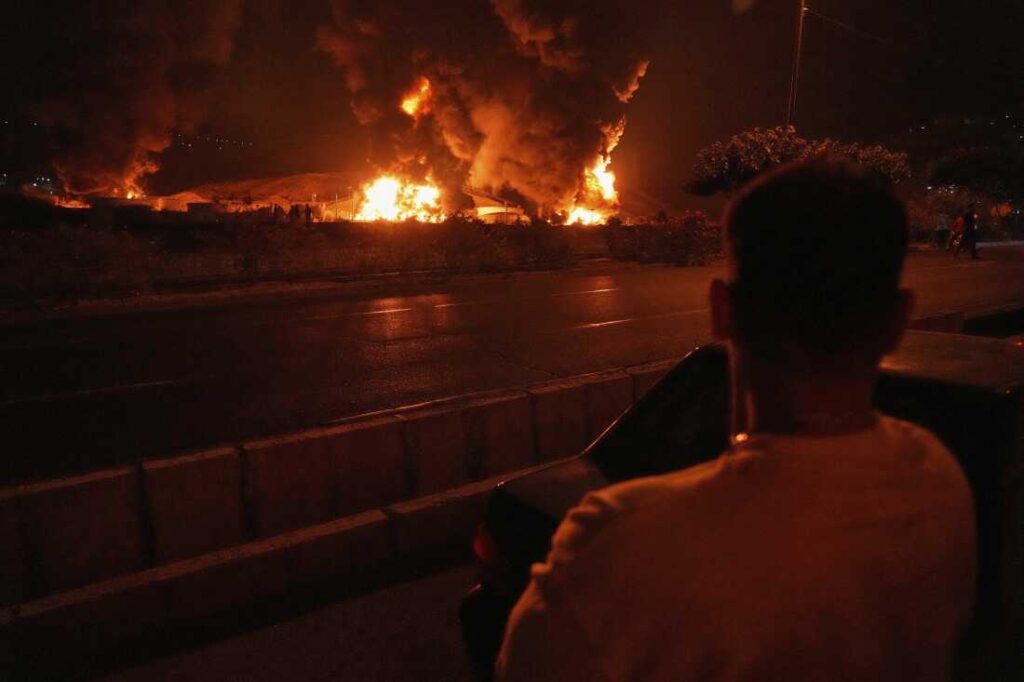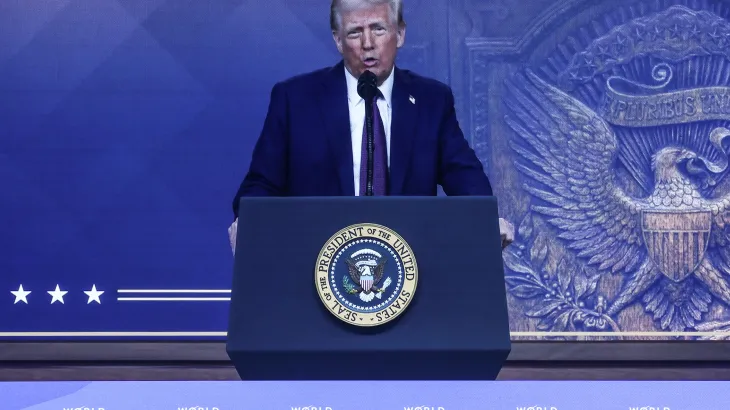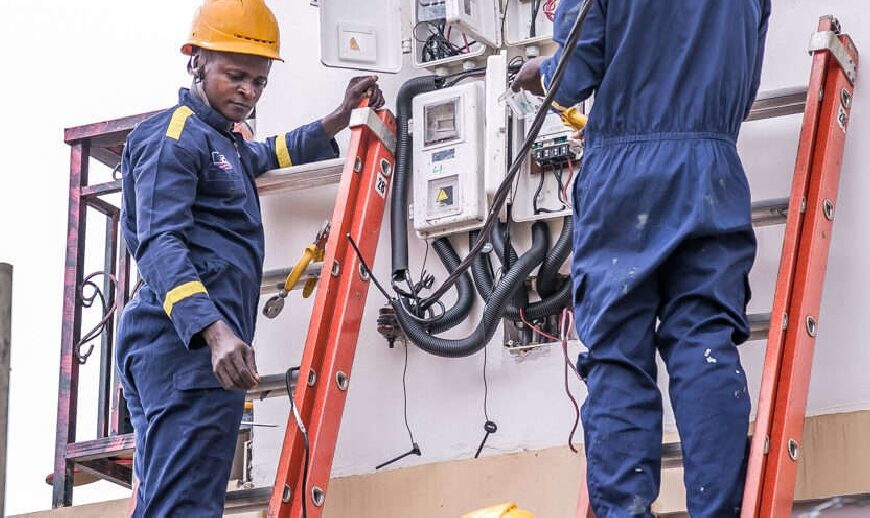In a dramatic escalation of hostilities, Israel launched an airstrike targeting Iranian state-run television facilities during a live broadcast, hours after Iranian missile attacks killed eight people in Israel. The exchange marks a significant intensification in the long-standing conflict between the two regional adversaries, raising concerns about a wider confrontation in the volatile Middle East.

Deadly Iranian Missile Attack on Israel
Earlier on [insert date], Iranian forces or Iran-backed militias launched a barrage of missiles targeting southern Israel, resulting in the deaths of eight civilians and several injuries. The strikes, reportedly coordinated from Iranian territory or allied proxy groups, targeted residential areas and critical infrastructure, underscoring Tehran’s willingness to directly challenge Israeli security.
Israeli authorities condemned the attacks as acts of terrorism, vowing a swift and decisive response. Prime Minister [insert name] described the missile strikes as a “blatant aggression” and vowed to hold Iran accountable for the loss of innocent lives.
Israeli Retaliation Hits Iranian Media
In retaliation, the Israeli Air Force conducted a precision strike on the headquarters of Iran’s state-run television during its live evening news broadcast. The strike reportedly caused significant damage to the building, disrupting the broadcast and sending a powerful message about Israel’s readiness to retaliate beyond conventional military targets.
The decision to target state media — a key instrument of Iranian propaganda — marks a new chapter in Israel’s response strategy, signaling its intent to disrupt Iran’s influence operations and control of the narrative.
Escalation and Regional Implications
This tit-for-tat exchange risks escalating tensions between Iran and Israel into a broader conflict. The targeting of civilian infrastructure and media raises fears of further retaliatory strikes, potentially involving proxy groups across the region.
Analysts warn that the escalation could destabilize an already fragile Middle East, complicating diplomatic efforts aimed at reducing tensions over Iran’s nuclear program and regional ambitions.
International Reactions
The international community has expressed concern over the rapid escalation. The United Nations called for restraint from both sides, emphasizing the urgent need to avoid actions that could spiral into full-scale war. Meanwhile, regional powers and global actors continue to monitor the situation closely, urging dialogue to prevent further loss of life.
What Comes Next?
As Israel and Iran engage in this dangerous cycle of attacks and counterattacks, the risk of miscalculation grows. Both sides appear determined to demonstrate strength and resolve, but the path to de-escalation remains unclear.
With the lives of civilians caught in the crossfire, the world watches anxiously, hoping for a return to diplomacy before the conflict spirals beyond control.


















